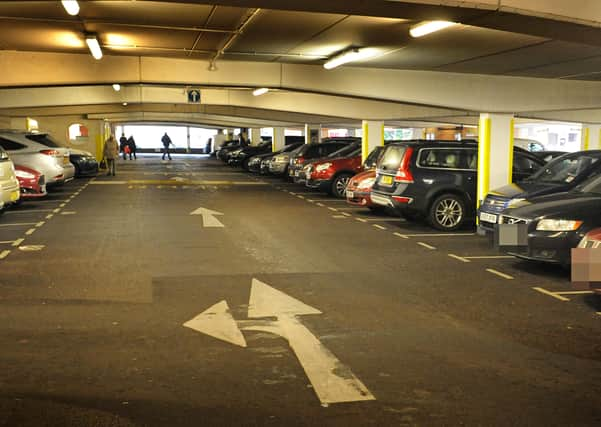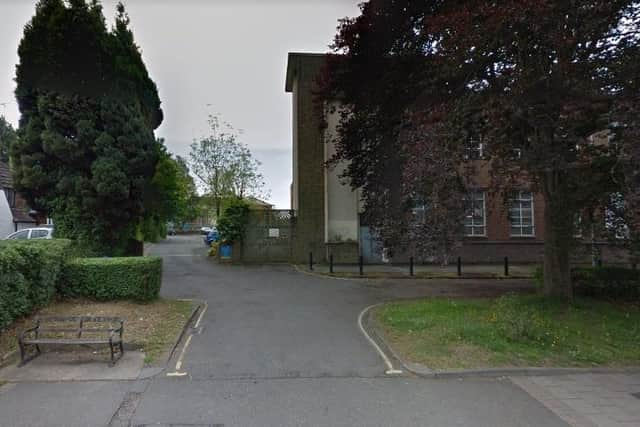Coronavirus lockdown to put a dent in Horsham car park income


The figures were shared during a ‘virtual’ meeting of the cabinet, which saw members agree to bring in early morning charges at one car park to increase the number of spaces for commuters.
The 88-space BT car park, off North Street, is mainly used by council staff during the week, with charges in place between 10am and 5pm.
Advertisement
Hide AdAdvertisement
Hide AdThose hours will be extended to start at 6am – though the short-stay Pay & Display option currently in use will not change.


The council intended to go out to consultation with the plan in April, with the changes coming in in May, but members were told this would be delayed until things got back to normal.
The loss of money from car parks during the ongoing crisis was described as ‘significant’.
The meeting also saw members approve the council’s draft Electric Vehicle Charge Point Strategy 2020-30 and support the idea of teaming up with West Sussex County Council to install a county wide network of charge points.
Advertisement
Hide AdAdvertisement
Hide AdA report to the meeting said: “The government has made it clear that a transition to EV’s forms part of its approach to achieving net zero carbon by 2050.
“One of the barriers to this transition is the availability of charge points.”
In November, the county council was told there were currently just under 1,600 electric vehicles on the road in West Sussex, a figure that was expected to rise to 66,200 in 2025, and 161,500 in 2030.
More than 7,300 charging points would be needed to cater for them.
Advertisement
Hide AdAdvertisement
Hide AdThe report said the draft strategy recommended the charging points be installed in car parks owned by the council to help people who did not have the off-street parking needed to be able to charge their cars at home.
Once the county council has selected a commercial partner to work with, a review of potential sites for charging points across West Sussex will be carried out.